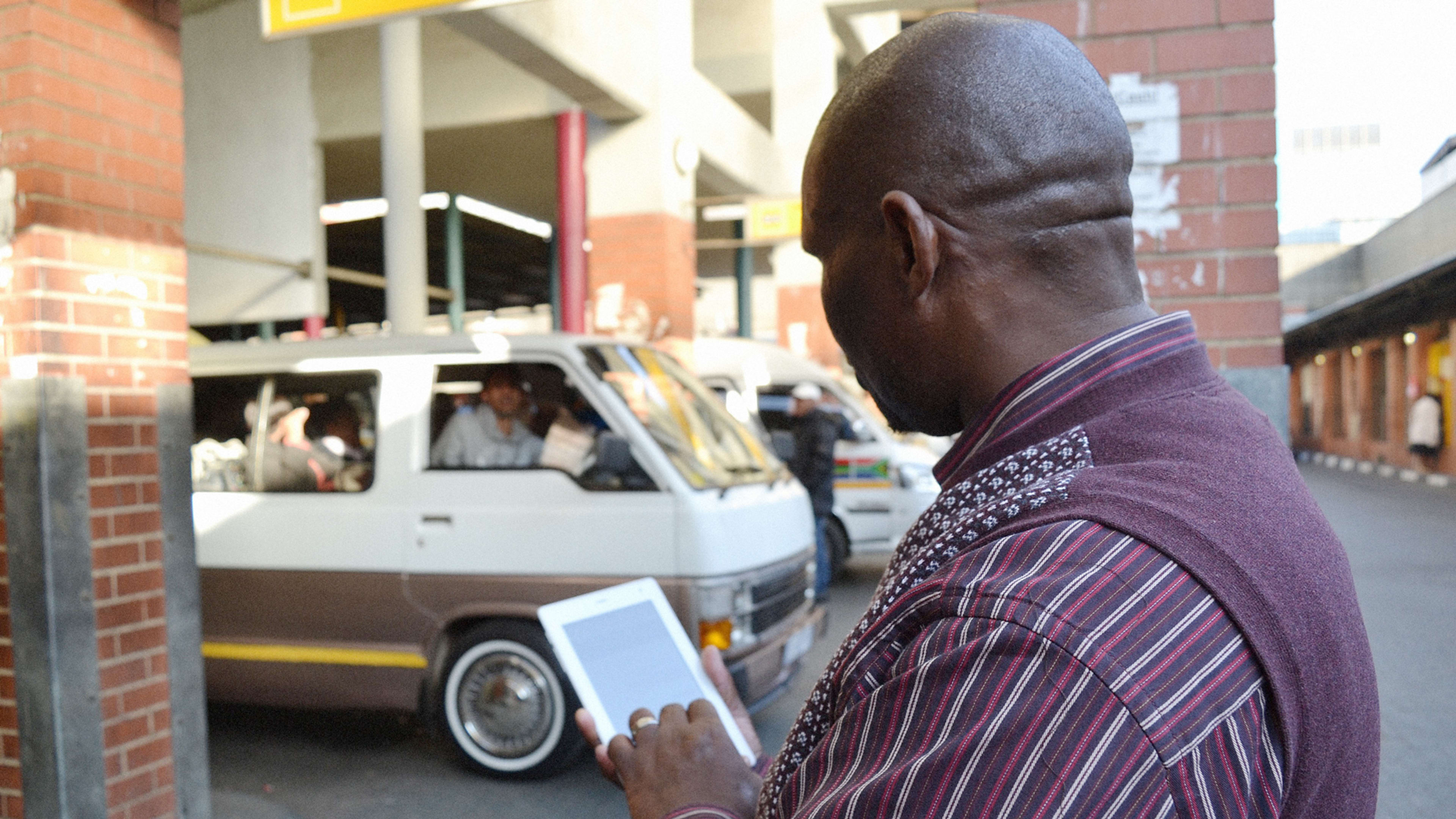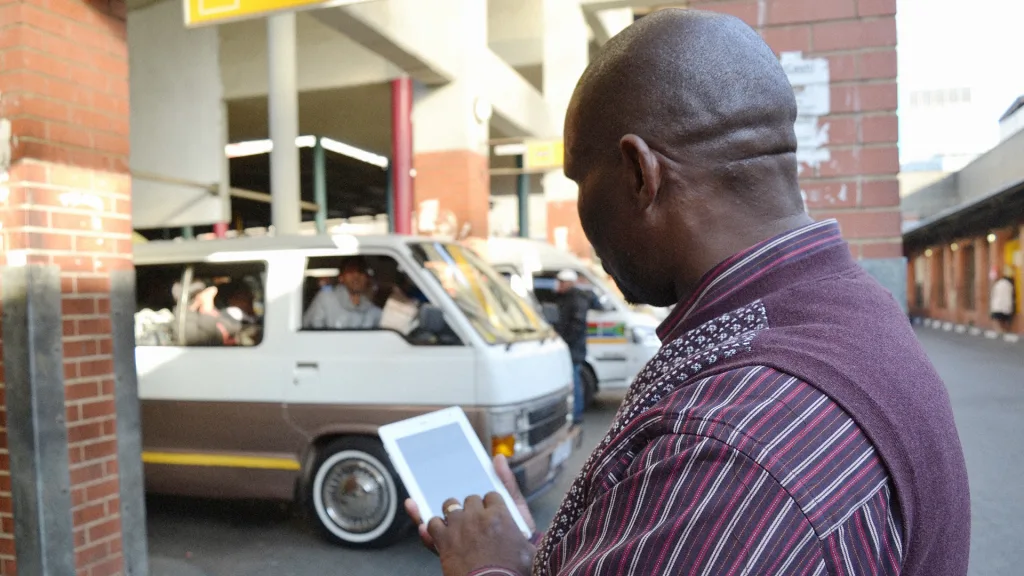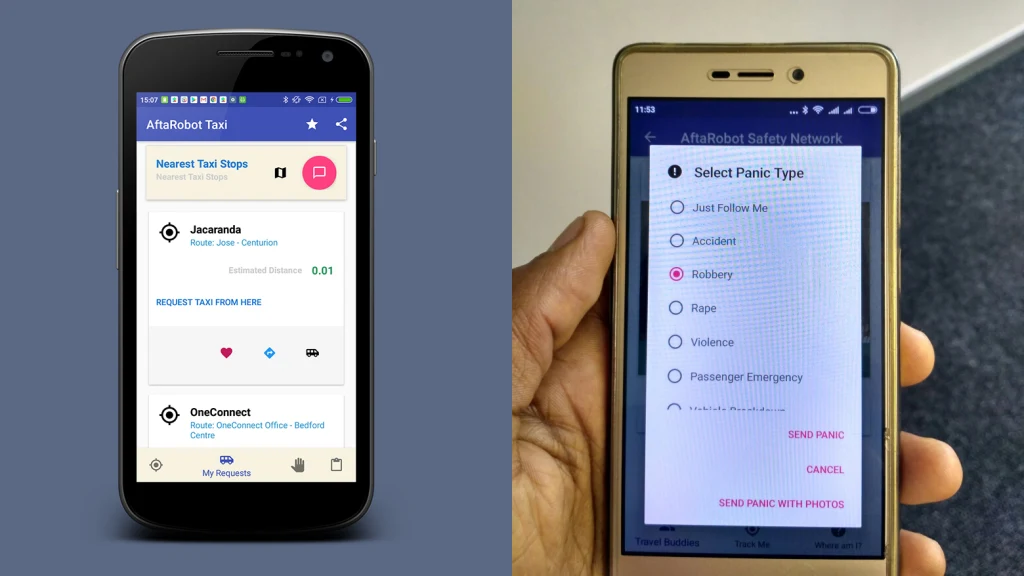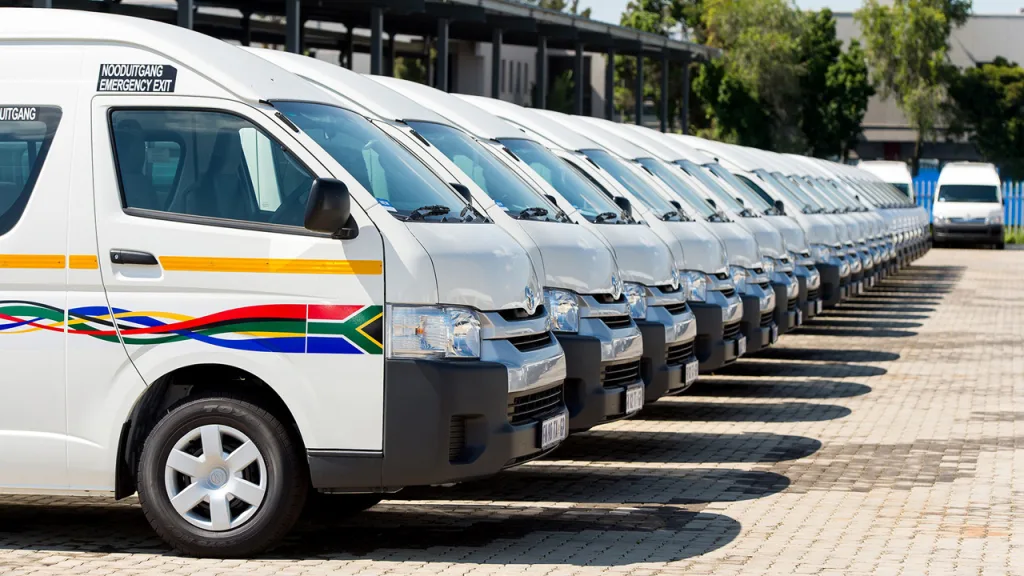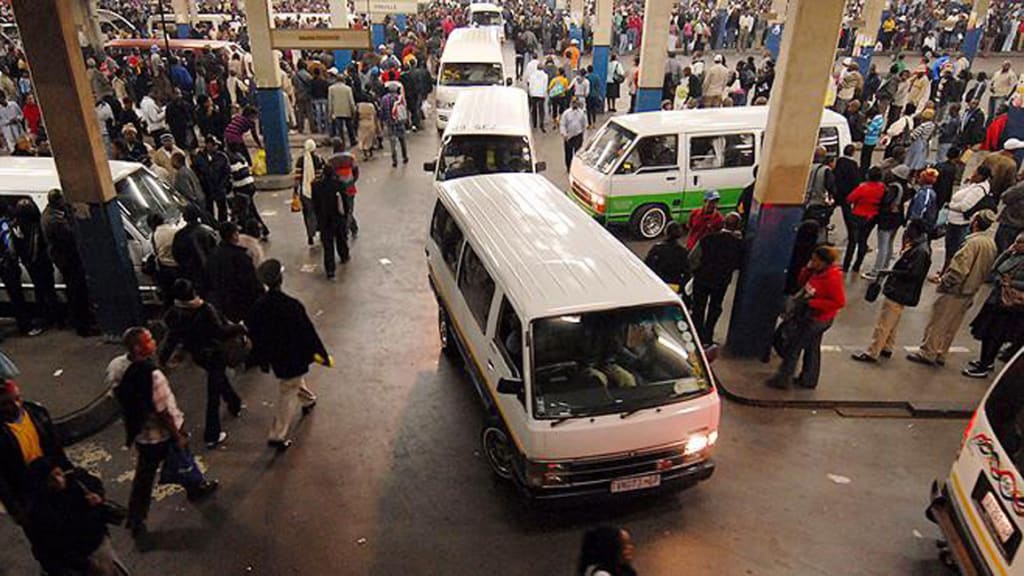If you live in Johannesburg, South Africa, commuting to work often means waking up early to wait on the side of the road for a minibus taxi that might or might not arrive, and that might not have room for another passenger even if does show up. If you manage to get inside, the driver may drive so fast–on the search for other riders–that the vehicle could crash.
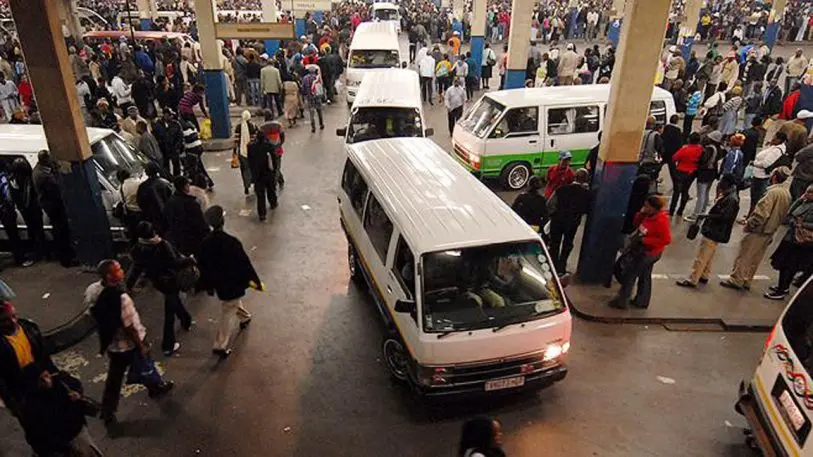
A new Uber-like app called AftaRobot (“afta” is used locally to tell drivers that you want to get off a minibus) aims to reshape the experience. Using the app, commuters can make a pickup request, and know when and where they’ll get a ride. Drivers know where to go, and because their routes are clear, they can drive less frantically. Taxi owners can more efficiently dispatch drivers; in the past, because there was no way to track drivers, routes were often duplicated. At the end of a ride, commuters can use the app to give feedback for the first time.
https://youtu.be/AjO7PZWgLQA
Obby Morapelli, co-founder of Sowertech, the startup behind the app, says that he was inspired by a question: “Why is it that a system that transports 70% of the public transport market can be so informal and structured, be a vital lifeline and yet so unsafe, be disliked and yet needed, but can’t get real investment, all at the same time?”
The industry emerged in the 1980s when taxi operators first began using minibusses that could carry around 15 passengers. Unlike other public transportation, the minibus taxis were cheap, ran late at night and to distant locations, and didn’t have long lines at stops. They quickly became popular. But the minibusses are often dangerous, either because they’re poorly maintained or because of reckless driving by drivers whose income depends on picking up as many passengers as possible. By one estimate, there are around 70,000 minibus crashes every year, or twice as many as with other kinds of passenger vehicles.
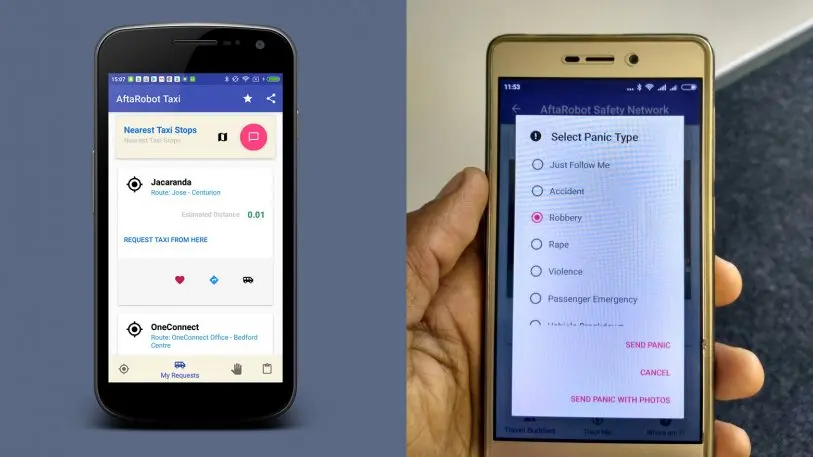
The unreliability of current minibusses poses other safety issues, especially for women, when passengers have to wait outside in dangerous areas. “What we want to offer that customer is the safety and commitment of you have a ride, this car will come for you in 20 minutes, so you can safely wait inside and not go outside and walk around for half an hour,” says Kyle Moss, an impact investment program manager for Qualcomm, which invested in the startup to help bring the app to life.
Minibus businesses are also difficult to run efficiently. “Minibus operators suffer from operational invisibility…they have no access to real data about their operations as most core processes are not recorded, which leads to duplication of effort and lost revenue,” Morapelli says.
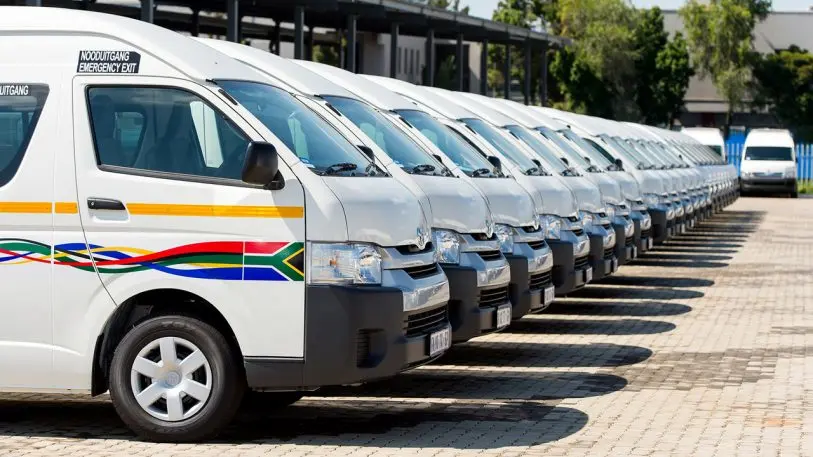
Uber does exist in South Africa, but for commuters who use minibusses, the cost is usually out of reach. The new app is designed to strengthen, rather than replace, the existing, black-owned minibus taxi industry. “This app is going to gain insight as to how to make it more efficient and more safe, rather than making it more cost-prohibitive to those who need it and rely on it,” says Moss.
After a long period of app development, the team started bringing together a network of drivers, minibus owners, and “queue marshals” who manage lines at taxi stands, and training them to use the software. On February 21st, it will launch with commuters in Johannesburg for the first time. A local university will study the program to measure how it benefits the community and industry.
The same tool could be adapted for other cities throughout Africa, from Nairobi to Dakar, that use similar public transportation. “There will probably be contextual and local things we need to tweak for each market,” says Moss. “But I’m confident that as soon as we publicize this and make it available, there’s going to be an incredible response of people that want to replicate and expand the effort.”
Recognize your brand’s excellence by applying to this year’s Brands That Matter Awards before the early-rate deadline, May 3.
